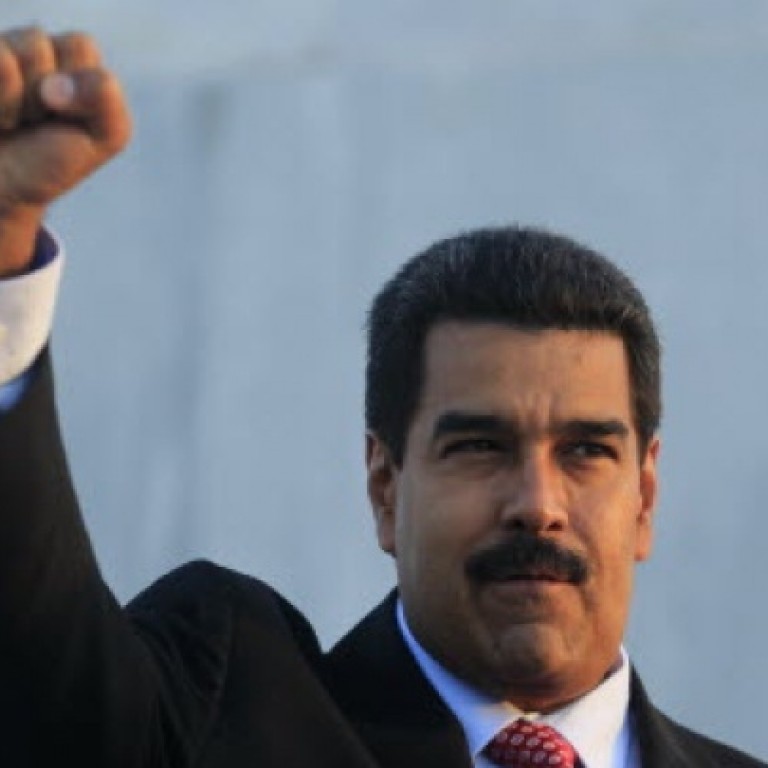
Venezuela’s Maduro pledges continued alliance with Cuba
Cuba and Venezuela signed cooperation accords on Saturday for 51 projects as Venezuelan President Nicolas Maduro, on his first trip to the island since his election, pledged to maintain the close alliance forged by his late predecessor, Hugo Chavez.
Maduro said they would jointly spend US$2 billion this year on “social development,” but it was not clear if he was discussing the 51 projects, few details of which were disclosed, or other works.
His visit appeared aimed in part at allaying Cuban worries about post-Chavez relations with the oil-rich South American nation that is Cuba’s biggest ally and benefactor.
Venezuelan oil and money help keep the communist-ruled island’s troubled economy afloat and the governments have about 30 joint ventures, most of them in Venezuela.
“We have come to Havana, Cuba, to say to the people of Venezuela, the people of Cuba, all the people of Latin America ... are going to continue working together, we came to ratify a strategic, historic alliance that transcends time, that is more a brotherhood than an alliance,” Maduro said at a signing ceremony in Havana’s main convention centre.
Maduro, a former bus driver and union leader, told reporters he met with former Cuban leader Fidel Castro, 86, for five hours on Saturday, “remembering Comandante Chavez, remembering that those two built this relationship.”
Maduro narrowly won an April 14 election to replace Chavez, who died on March 5 after a long battle with cancer.
He ran basically as a Chavez surrogate who would continue his socialist policies both at home and abroad, including a close relationship with Cuba and Castro, whom Chavez considered his political mentor.
But his election opponent, Henrique Capriles, scored political points by criticizing the alliance with Cuba, which combined with serious economic problems facing Venezuela, made Cubans worry they could lose their economic lifeline.
Cuba receives an estimated 110,000 barrels a day of Venezuelan oil in exchange for money and the services of some 44,000 Cubans, most of them medical personnel, in Venezuela.
In 2000, Cuba and Venezuela created an intergovernmental commission that holds annual meetings to develop joint projects in a wide range of areas, among them healthcare, education, culture and economics.
Cuban President Raul Castro, who spoke only briefly at the ceremony, said that along with the 51 projects, they had agreed on memorandum of understanding for the development and adoption of a “bilateral economic agenda” for the next five years.
